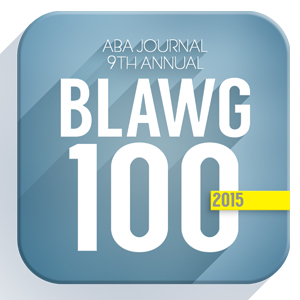You v. Japan, No. C 15-03257 WHA, 2015 WL 5542539 (N.D. Cal. Sept. 16, 2015)
In this case, the court entered an order requiring preservation, including “interdiction of any document-destruction programs and any ongoing erasures of e-mails, voice mails, and other electronically-recorded material.” In the course of its business, one defendant, the publisher of a daily newspaper, employed a proprietary application “used for laying out each edition of the newspaper.” The application retained a “back catalog” of 90 days. In response to the court’s order, the defendant alleged that retention of the application’s contents for longer than 90 days could “slow down the system or cause it to crash” and that although it could install a new storage system, it would cost $18 million and could take up to eight months. Accordingly Defendant sought permission to employ certain search terms to be run across the application twice monthly to identify articles to be preserved. Defendant alleged that it had “already run several searches using [the proposed] terms and found they yielded duplicative results,” but indicated it would use the terms “out of an abundance of caution.” Defendant further explained that because the proposal “would not cease ‘all ongoing erasures of electronically-stored material,’” it sought court approval for its proposed method.
Plaintiffs opposed the proposal and argued that it could lead to the destruction of “evidence of [Defendant’s] state of mind in selecting and editing its articles” which could be relevant to Plaintiffs’ claims of defamation and intentional infliction of emotional distress. Plaintiffs also identified an additional search term that the defendant had not proposed.
With the addition of Plaintiffs’ proposed term, the court found Defendant’s proposal “sufficiently broad” to identify and preserve potentially relevant articles and granted permission for Defendant’s proposed preservation protocol.
A copy of the court’s order is available here.

